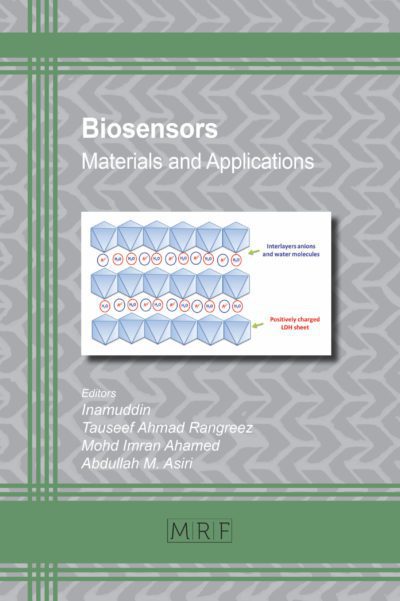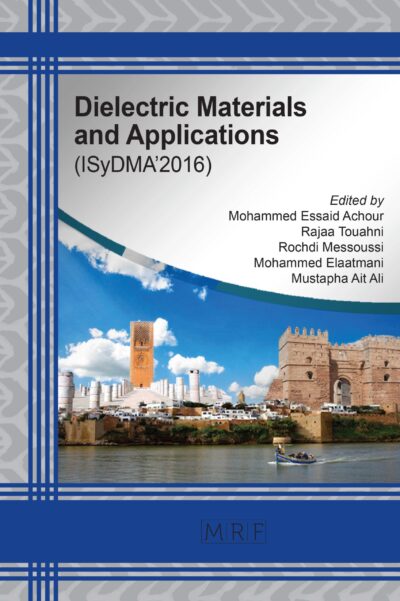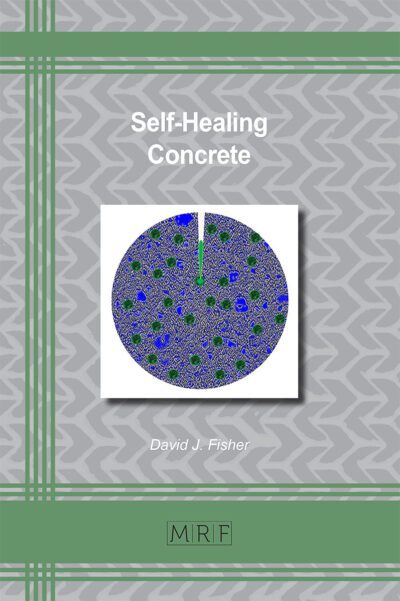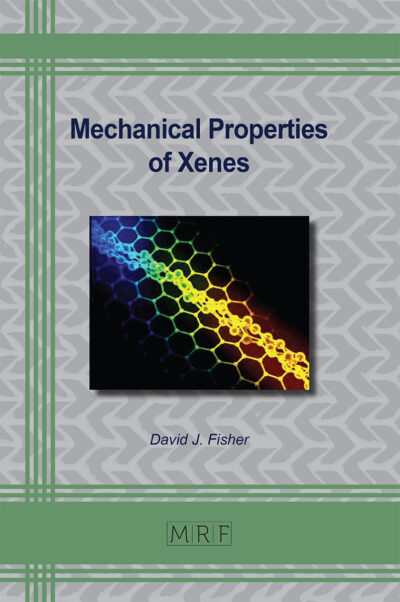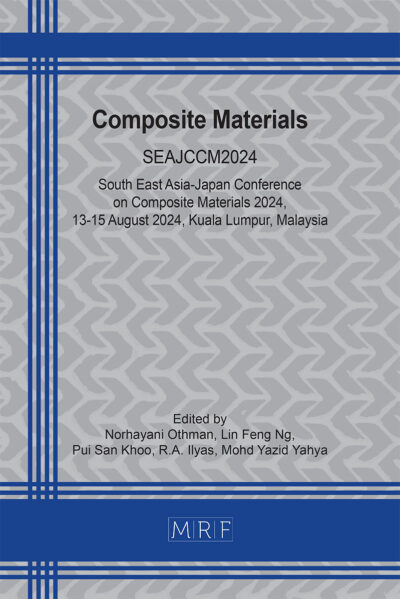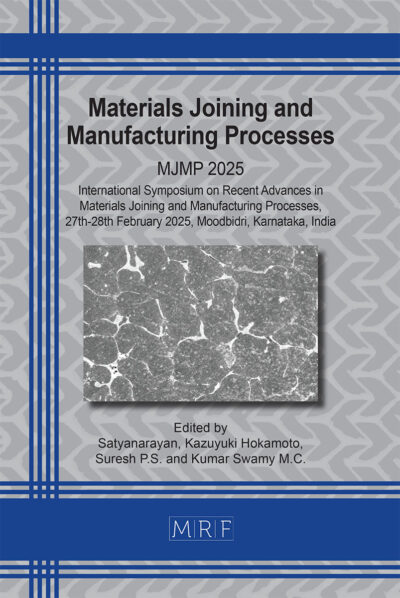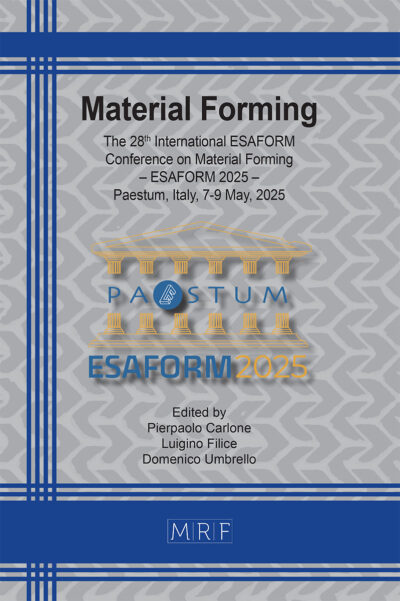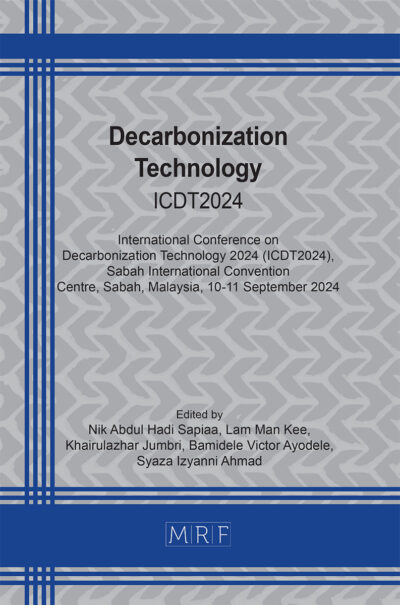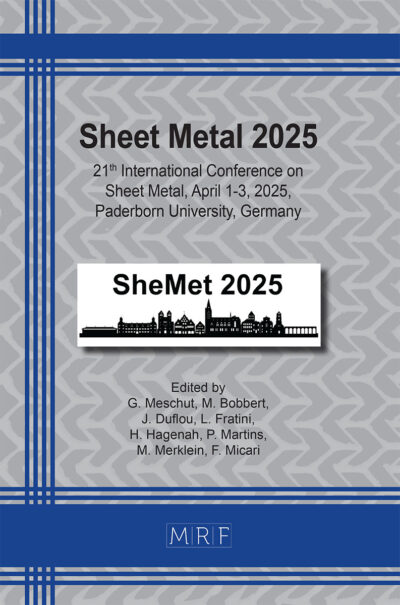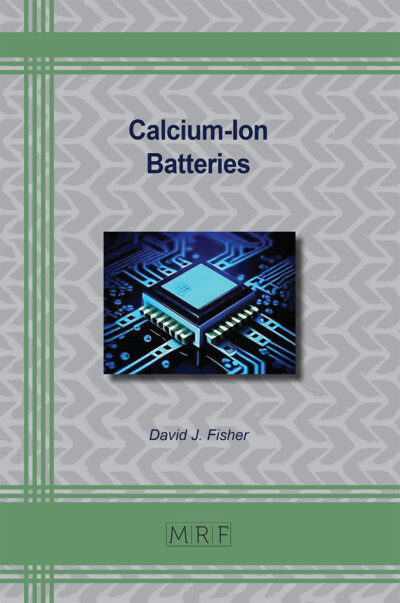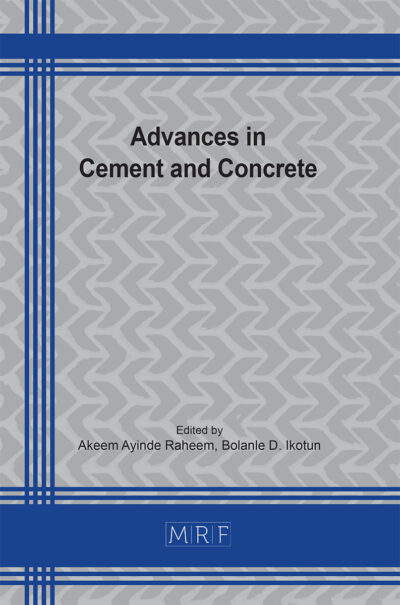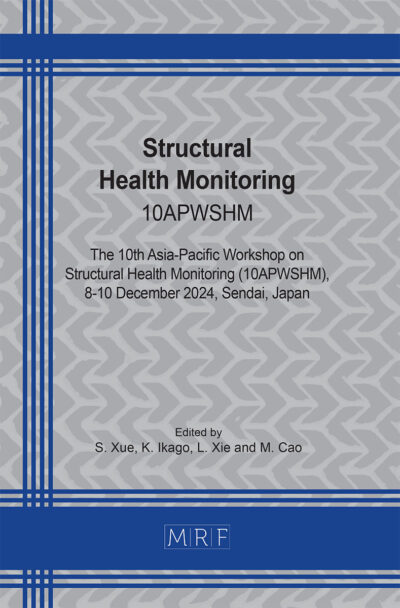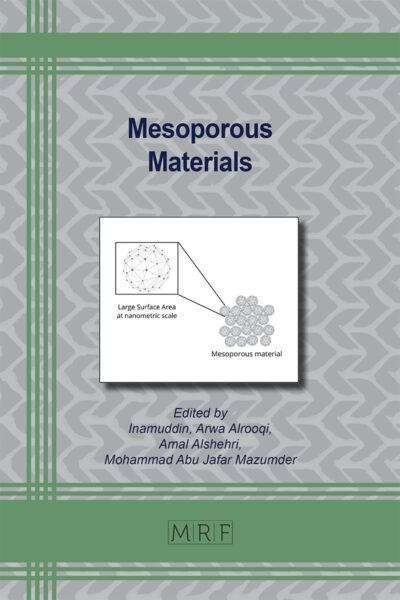A. BENALLOU, B. HADRI, J. MARTINEZ-VEGA
Abstract. In this paper, an analytical model based on the percolation theory and a numerical model based on Monte Carlo method was developed and used to study the electrical conductivity behavior of an organic insulator under high electric field. The percolation model considers that the real network of organic insulator is consisted of the traps randomly distributed and connected to each other by conductance Gij. The phenomenon of charges trapping and detrapping depends strongly on certain parameters such as the intensity of the applied electrical field, the dead ends length of traps, and the random distribution of the energies of traps constituting the dead end. Using gaussian energy distribution negative electrical conductivity law as exponential function of the electric field was found. The simulation results were compared with an analytical model, they are in agreement, proving the accuracy of this model.
Keywords
Polymers, Electrical Conductivity, Organic Insulator, Percolation, Dead End
Published online 12/10/2016, 3 pages
Copyright © 2016 by the author(s)
Published under license by Materials Research Forum LLC., Millersville PA, USA
Citation: A. BENALLOU, B. HADRI, J. MARTINEZ-VEGA, ‘The electrical conductivity behavior of an organic insulator caused by presence of dead ends under high electric field’, Materials Research Proceedings, Vol. 1, pp 89-91, 2016
DOI: https://dx.doi.org/10.21741/9781945291197-22
The article was published as article 22 of the book Dielectric Materials and Applications
References
[1] Wu Kai, Xie Hengkun and Ge Jingpang ,percolation and Dielectric Breakdown,Electrical Engineering Department of Xi’an Jiaotong University, Xi’an. 710049, P.R.China,1994.
[2] Nir Tessler, Yevgeni Preezant, Noam Rappaport, and Yohai Roichman, «Charge Transport in Disordered Organic Materials and Its Relevance to Thin-Film Devices: A Tutorial Review», Adv. Mater. 2009, 21, pp2741–2761. https://dx.doi.org/10.1002/adma.200803541
[3] D.I.Aladashvili., Z.A.Adamiya., K.G.Lavadovskii., E.Levin., B.I.Shkloskii., «Nonohmic hopping conductivity of weakly compensated semiconductors »,Sov Phys semicond 24 (2),234-249 Fev1990
[4] B.Hadri., «Etude de la conductivité électrique en régime non linéaire dans les matériaux inhomogènes », Thèse de Magister (1994), p57, Université d’Oran Es-Sénia, Algérie.
[5] B. Hadri, J. Martinez-Vega, «Investigation of a negative differential conductance in insulating polymers for high electric fields by percolation approach », RS-RIGE Volume 11, pp410,419


